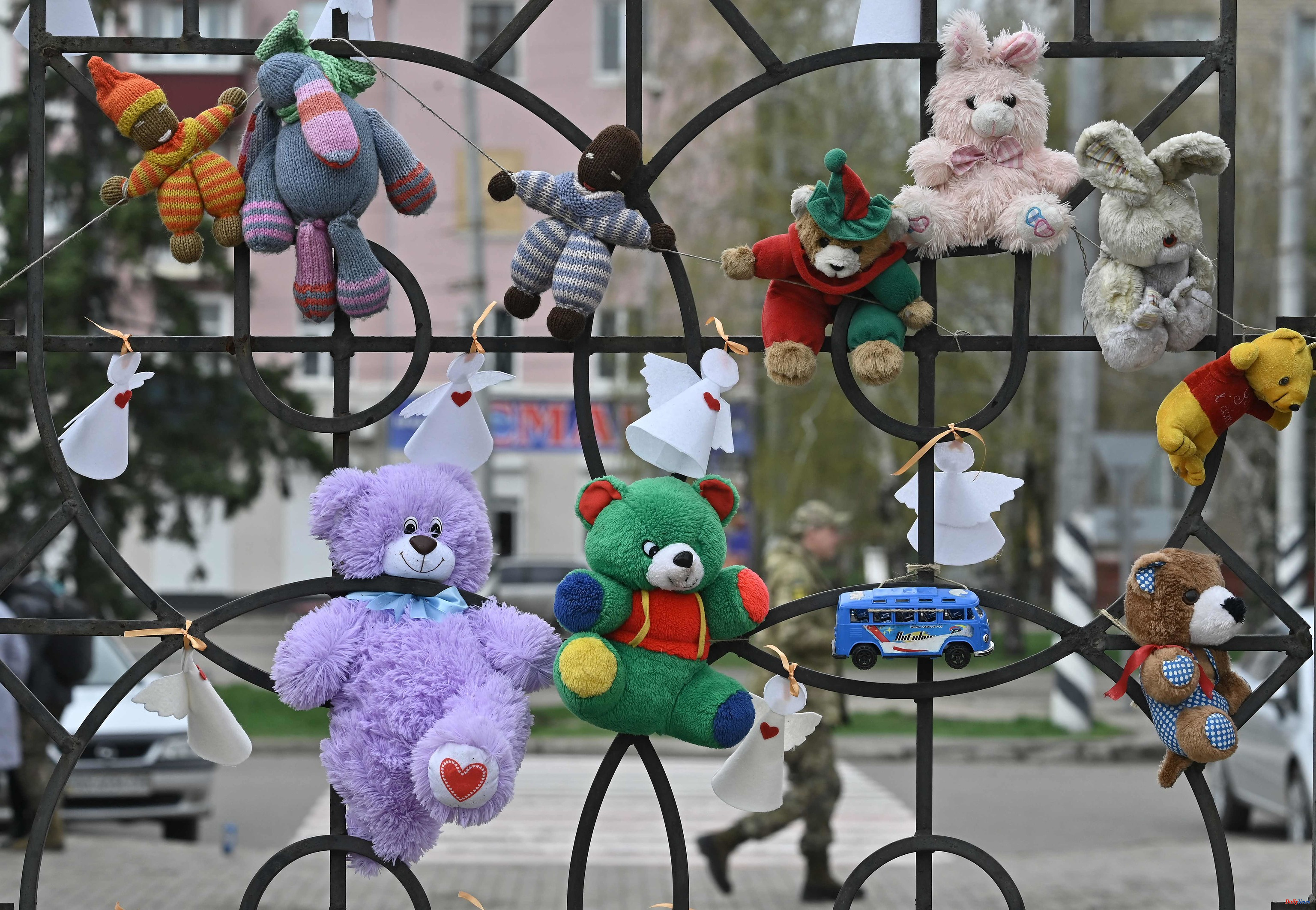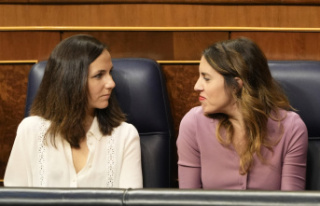More than 30 children were reunited with their families in Ukraine this week after a lengthy operation to bring them back from Russia, where they had been taken from wartime occupied areas, an NGO said on Saturday.
kyiv estimates that nearly 19,500 children have been taken to Russia since Moscow invaded in February last year, in what it condemns as illegal deportations.
Moscow, which controls parts of eastern and southern Ukraine, denies kidnapping children and says they have been evacuated for their own safety.
"Now the fifth rescue mission is nearing completion. It was special because of the number of children we managed to return and also because of its complexity," said Mykola Kuleba, founder of the Save Ukraine humanitarian organization.
The group helped the Ukrainian relatives of the children who had been taken to Russia with the logistics, transportation and planning necessary to embark on the long journey to find their children and bring them back.
A grandmother who was supposed to join two of her grandchildren died suddenly on the trip and the children had to stay in Russia, Kuleba, Ukraine's former commissioner for children's rights, told a news conference in Kiev.
Kuleba said that all the children that Save Ukraine brought back to Ukraine said that no one in Russia was trying to find their parents in Ukraine.
"There were children who changed locations five times in five months, some children say they were living with rats and cockroaches," he said. The children were brought to what the Russians call summer camps from occupied parts of the Kharkov Kherson regions of Ukraine, Kuleba said.
The Russian Foreign Ministry did not immediately respond to a reply on these accusations.
Two boys and a girl were present at the press conference in kyiv. Save Ukraine said they were returned to Ukraine in a rescue mission last month that returned 18 children in total.
The three children said they had been separated from their parents, who were pressured by Russian authorities to send their children to Russian summer camps for what was billed as two weeks, from occupied parts of the Kherson and Kharkov regions.
The children at the briefing said they were forced to stay in summer camps for four to six months and were moved from one place to another during their stay.
"They treated us like animals. They locked us in a separate building," said Vitaly, a boy from the Kherson region whose age is unclear. He added that they were told that his parents no longer wanted them.
Last month, the International Criminal Court issued an arrest warrant for Russian President Vladimir Putin and Russia's Children's Rights Commissioner Maria Lvova-Belova, accusing them of kidnapping children from Ukraine.
Moscow has made no secret of a program under which it has brought thousands of Ukrainian children to Russia from occupied areas, but presents it as a humanitarian campaign to protect orphans and abandoned children in the conflict zone.
Russia has rejected the ICC's accusations, saying it does not recognize the ICC's jurisdiction and calling the warrant against Putin and Lvova-Belova null and void.
Lvova-Belova told a news conference earlier this week that her commission acted on humanitarian grounds to protect the interests of children in an area where military action was taking place and had not moved anyone against it. their will or that of their parents or legal guardians, and that consent was always requested, unless they were absent.
Kateryna Rashevska, a lawyer with a Ukrainian NGO called the Regional Center for Human Rights, told the briefing that they were collecting evidence to build a case that Russian officials deliberately prevented the return of the Ukrainian children to their country.
"In each story there is a whole range of international violations and it cannot go unpunished," he said.
According to the criteria of The Trust Project












